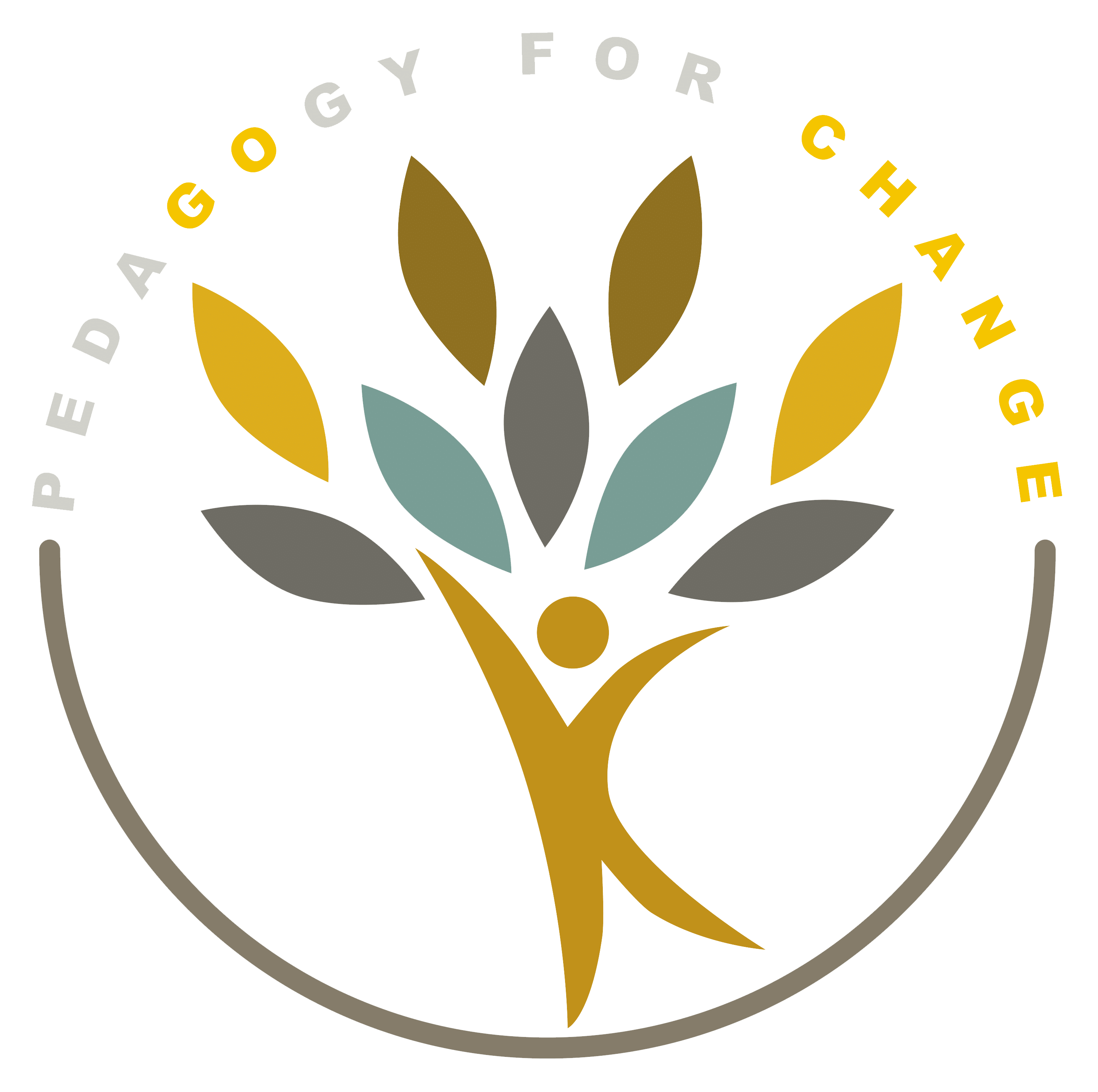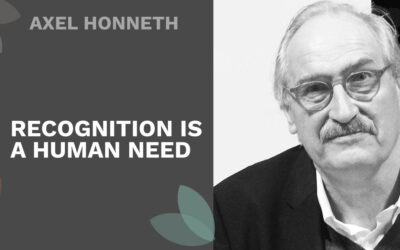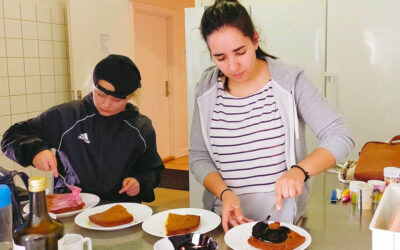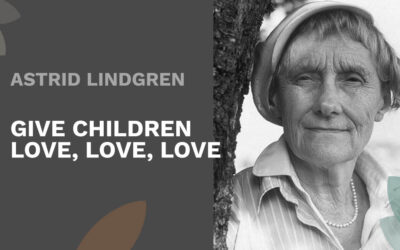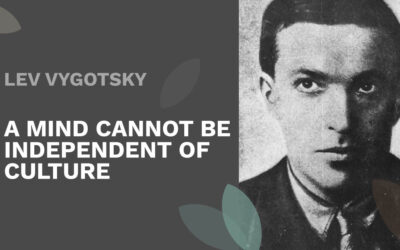HOW TO ENROLL?

1. APPLY ONLINE
Start by filling out a short online form so we can get to know you better
2. SKYPE MEETING, WEBINAR OR PHONE CONSULTATION
You will receive an invitation to a Skype meeting with one our enrolment officers who will give you a detailed outline of the programme together with requirements. Through the conversation you can ask all the question you like to know
3. CHOOSE A STARTING DATE
Once you have discovered all the details, you will pick the start date that fits you. Remember our advisors are fully available to help you decide what date is best for you.
4. FINAL INTERVIEW
Now it is time for you to finalise your enrolment. You will schedule a longer phone conversation, join an information meeting or undertake a visit to one of the learning centres to go through the enrolment contract with one of our advisors and review the requirements one last time.
5. PAPERWORK & PAYMENT
After the final interview, you will sign the enrolment contract and pay the first part of the school fee to reserve your place on the programme.
6. PREPARE YOUR TRAVEL
Now it is time to get ready for a life-changing journey! We will send you a package with some recommendations on how to prepare and we will be available to support you throughout the process.
Cost and Finance
12 months training & evaluation
What you pay - All inclusiveWhy is the programme so cheap?
As part of your training, you will be employed as a member of staff, in a supporting capacity. This programme activity covers the cost of the programme expenses, such as accommodation, food, tuition, field trips and pocket money.

Why Choose Pedagogy for Change
ACQUIRE EXTENSIVE WORK EXPERIENCE AT NON-TRADITIONAL SCHOOLS
STUDY THE WORLD OF SOCIAL EDUCATION AND PEDAGOGY
EXPLORE EUROPE FOR SIX WEEKS – TOGETHER WITH YOUR TEAM
EARN A B-CERTIFICATE IN PEDAGOGY FROM ISET ONE WORLD university AS A DISTANCE LEARNING STUDENT
REQUEST MORE INFORMATION
Please fill in the form below if you would like more information or have any questionS about our programme
Other Requriments
To be accepted into the programme you need to meet the following criteria:
- You are an EU citizen – with a few exceptions – READ MORE HERE
- You are 18 years or older.
- You have finished 12 years of school.
- You speak English well enough to communicate well with teachers and students at the training centres and projects.
- You have good social and people skills.
- You have a driving license. (90% of the training positions require this.)
- You have previous experience with some kind of youth work, sports clubs, youth camps, drama groups or similar.
- You have decided not to drink alcohol or take drugs for the entirety of the program.
- You are eager to experience a multidisciplinary and collective training programme, which includes theoretical and practical activities.
- You are ready to immerse yourself in a multicultural and diverse community.
Blog and pedagogy resources
How to tackle intolerance
Being an active bystander means becoming aware that inappropriate or even threatening behaviour is going on and choosing to challenge it. Collective action is the way forward.
Axel Honneth
Through recognition, human beings develop self-confidence, self-respect, and self-esteem. The theory of recognition was developed by German philosopher and educator Axel Honneth.
Mónica shares her experience
Mónica just finished the Pedagogy for Change programme and we asked her to share some of her considerations and main takeaways from her experience of practising and studying social pedagogy in Denmark.
Astrid Lindgren
Astrid Lindgren’s thoughts about children were provocative in the 1940s, and her approach to childhood as a phenomenon is progressive, even today.
“Zone of Proximal Development” exemplified
In this blogpost, we exemplify how the theory of the “Zone of Proximal Development” can be implemented in real life when working in the field of social pedagogy.
Lev Vygotsky
Interaction with peers, imitation, collaborative learning and other social interaction is key to how the human mind develops, according to Russian psychologist Lev Vygotsky.
